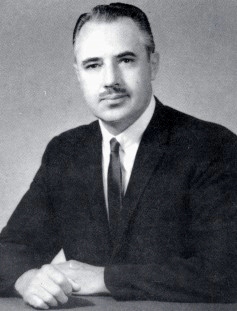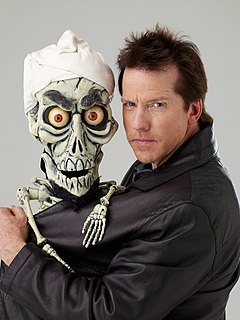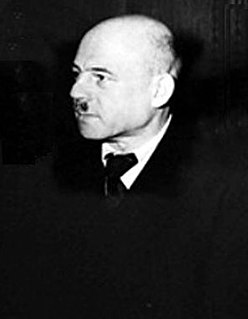A Quote by Noam Chomsky
They [unions] used straight Marxist rhetoric [in 1930s] - just the values were changed.
Related Quotes
One good reason for the popularity of "reductionism" among the philosophical outposts of the Western Establishment is that it can be, and is, used as a device for trying to take the wind, so to speak, out of the sails of Marxism. . . . In essence reductionism is a kind of anti-Marxist caricature of Marxist determinism. It is what anti-Marxists pretend that Marxist determinism is.
One question is: Who is the working class today, and how has it changed? Where are we in that? I don't have a knee-jerk kind of 1930s thing about we must build the unions and that's the way to the future. I'm writing this book right now called Pallin' Around, and the subtitle is: "Talking to the Tea Party." And frankly I find talking to the Tea Party exhilarating, I love it.
You know, when I was in college, there was a big debate: Do unions raise wages? Well, with regard to industrial unions, there were arguments back and forth -- international competition. It is now clear, I think, that whether or not you think unions raised wages 50 years ago, the absence of unions and their weakness that is inflicted by anti-union public policy depresses wages. The fact is that people who are not represented, in the service industries in particular, are the victims of policies which depress their wages.
Things have changed in Latin America now. We mostly have democratic governments in Latin America, so the position of the writer has changed. It is not as Neruda used to say, that a Latin American writer walks around with the body of his people on his back. Now, we have citizens, we have public means of expression, political parties, congress, unions. So, the writer's position has changed, we now consider ourselves to be citizens - not spokespeople for everybody - but citizens that participate in the political and social process of the country.




































